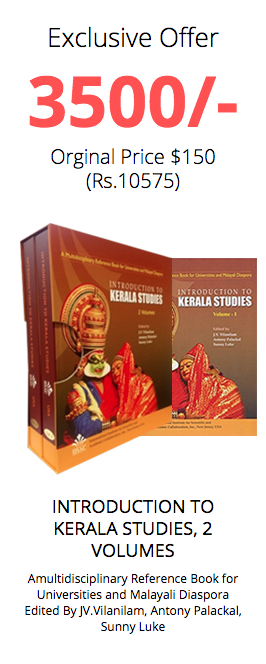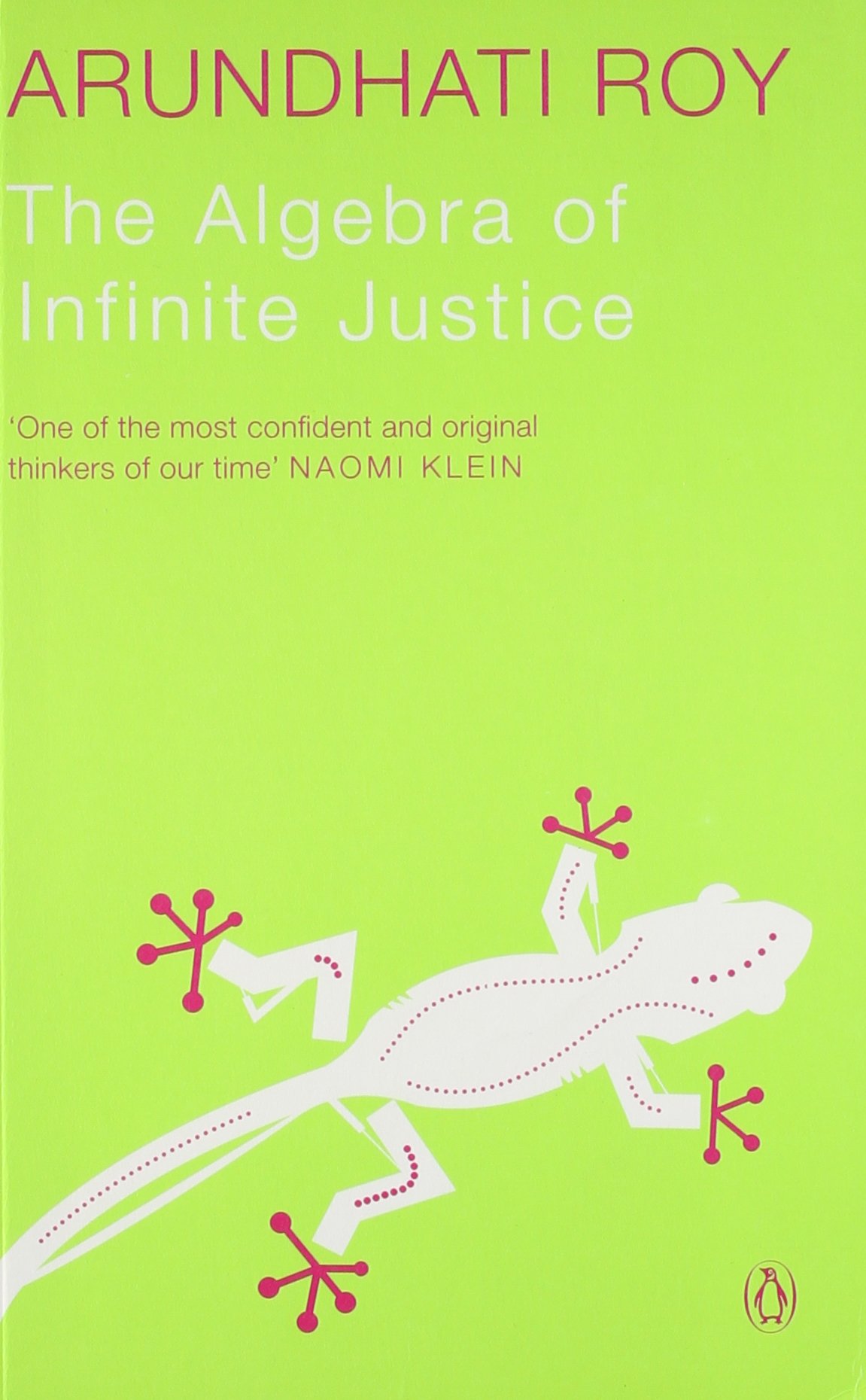
FROM TEILHARD TO OMEGA : Co-creating an Unfinished Universe
2,000.00₹ 1,400.00₹
Thirteen scholars–including John F. Haught, Ursula King, and John C. Haughey, SJ–“take off” from where Teilhard de Chardin “left off,” opening new windows to the divine mystery, to the evolving person, and to the new energies of love needed for the forward movement of life.
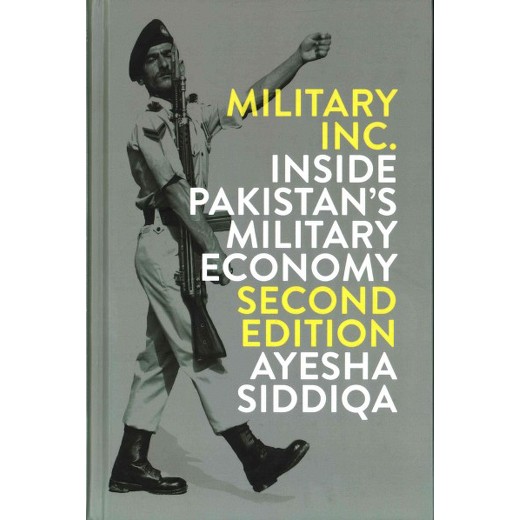
MILITARY INC. INSIDE PAKISTAN’S MILITARY ECONOMY
499.00₹ 380.00₹
The military is entrenched in the corporate sector and controls the country’s largest companies and large tracts of real estate. So Pakistan’s companies and its main assets are in the hands of a tiny minority of senior army officials. Siddiqa examines this military economy and the consequences of merging the military and corporate sectors. Does democracy have a future in the new Pakistan? Will the generals ever withdraw to the barracks. Military Inc. analyzes the internal and external dynamics of this gradual power-building and the impact that it is having on Pakistan’s political and economic development.
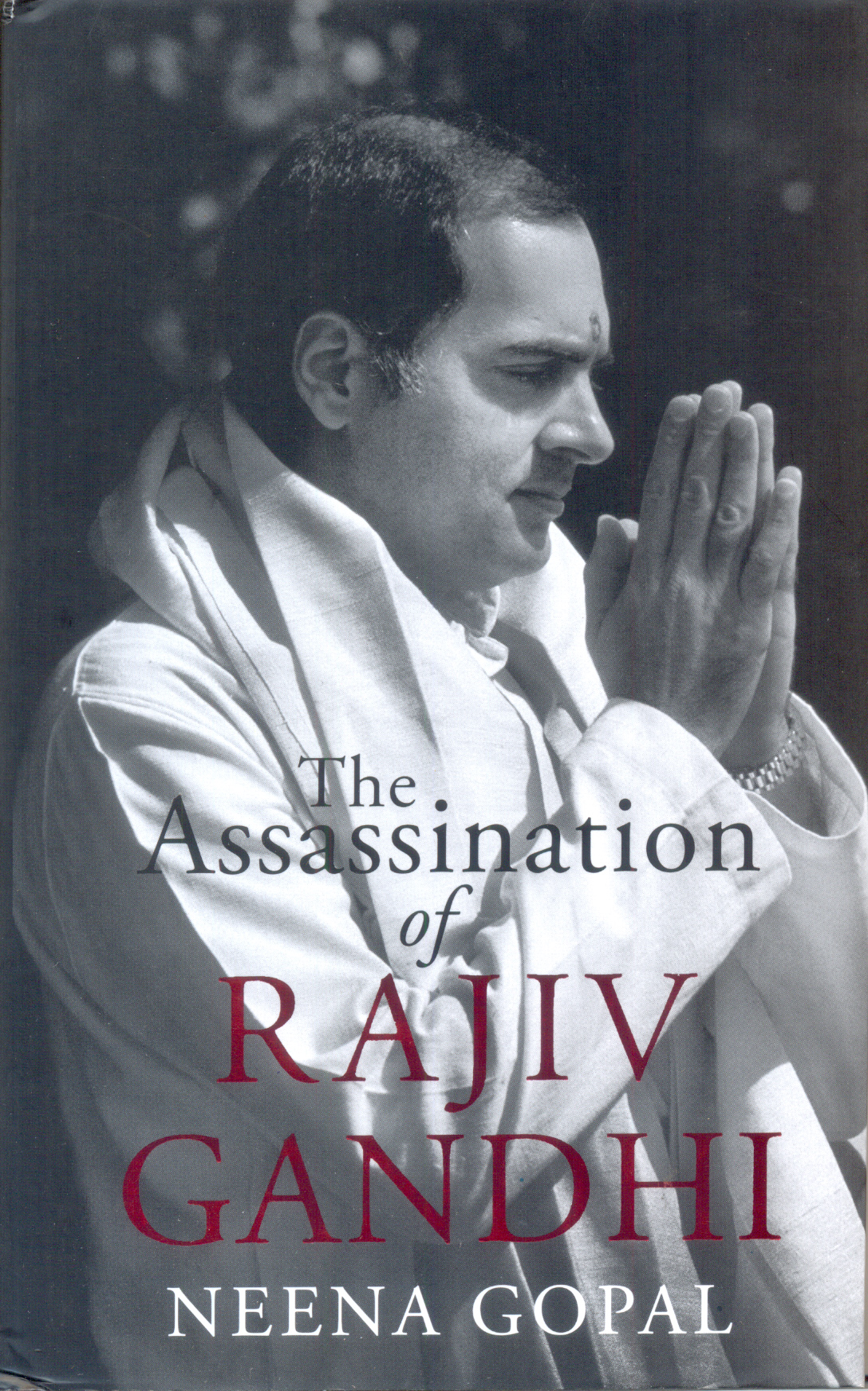
The Assassination of RAJIV GANDHI
499.00₹ 380.00₹
On 21 May 1991, journalist Neena Gopal had finished just one part of an interview with Rajiv Gandhi—the last of his life—when his car reached the election rally at Sriperumbudur. Moments later, Rajiv Gandhi was dead, blown up by suicide bomber Dhanu, irrevocably changing the course of Indian politics, as Neena Gopal, just yards behind him, watched in horror. In this gripping, definitive book, Gopal reconstructs the chain of events in India and at the LTTE’s headquarters in Sri Lanka where the assassination plot was hatched, and follows the trail of investigation that led to the assassins being brought to justice. Drawing on extensive interviews, research and her own vast experience as a journalist, she deftly establishes the background—the shortsightedness of India’s Sri Lanka policy; the friction between the intelligence agencies and between the agencies and the external affairs ministry; the many warnings that went unheeded; and the implacable hatred that LTTE supremo Prabhakaran felt for Rajiv Gandhi. Bringing all these complex threads together, Gopal takes us step by step to Sriperumbudur as Rajiv Gandhi walked inexorably to his death on that tragic May evening twenty-five years ago
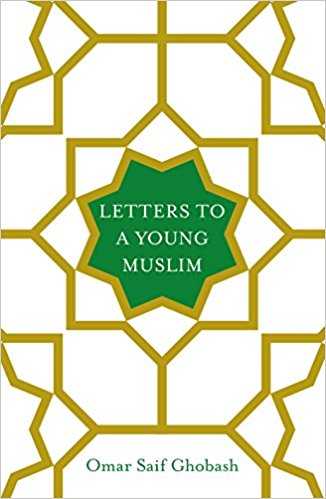
LETTERS TO A YOUNG MUSLIM
499.00₹ 380.00₹
Omar Saif Ghobash was born in 1971 in the United Arab Emirates-thesame year the country was founded-to an Arab father and a Russianmother. After a traumatizing experience losing his father to a violent attackin 1977, when he was only six years old, Ghobash began to realize thesevere violence that surrounded him in his home country. As he grewolder, eventually being appointed as the UAE Ambassador to Russia in2008, he began to reflect on what it means to be a Muslim, establishing amoral foundation rooted in the belief of the hard grind that is the crux ofspiritual and practical living.This book is the result of the personal exploration Ghobash went throughin the years after his father’s death. The new generation of Muslim’s istomorrow’s leadership, and yet many are vulnerable to taking the violentshortcut to paradise and ignoring the traditions and foundations of Islam.The burning question, Ghobash argues, is how moderate Muslims willunite and find a voice that is true to Islam while actively and productivelyengaging in the modern world.Letters to a Young Muslim will explore how Arabs can providethemselves, their children, and their youth with a better chance ofprosperity and peace in a globalized world, while attempting to explain thehistory and complications of the modern-day Arab landscape and how theyounger generation can solve problems with extremists internally,contributing to overall world peace
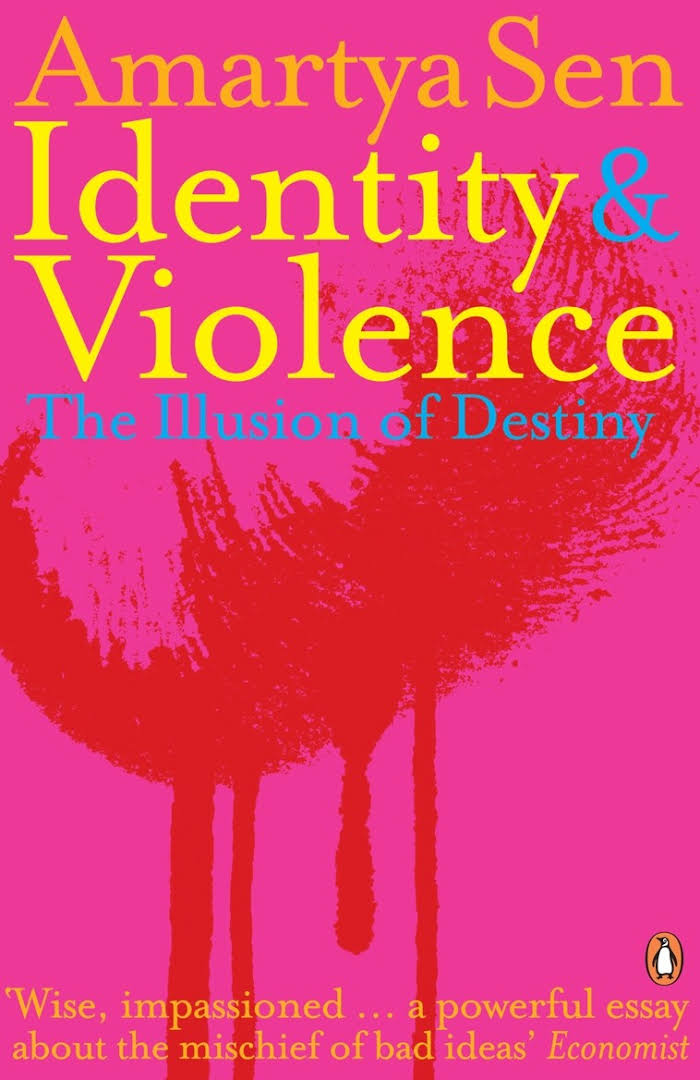
Identity & Violence The Illusion of Destiny
499.00₹ 380.00₹
The world may be more riven by murderous violence than ever before, yet Nobel Laureate Amartya Sen argues in this sweeping philosophical work that its brutalities are driven as much by confusion as by inescapable hatred.
Sen argues in his new book that conflict and violence are sustained today, no less than the past, by the illusion of a unique identity. Indeed, the world is increasingly taken to be divided between religions (or ‘cultures’ or ‘civilizations’), ignoring the relevance of other ways in which people see themselves through class, gender, profession, language, literature, science, music, morals or politics, and denying the real possibilities of reasoned choices. In Identity and Violence he overturns such stereotypes as the ‘the monolithic Middle East’ or ‘the Western Mind’. Through his penetrating investigation of such subjects as multiculturalism, fundamentalism, terrorism and globalization, he brings out the need for a clear-headed understanding of human freedom and a constructive public voice in Global civil society. The world, Sen shows, can be made to move towards peace as firmly as it has recently spiralled towards war.

THE MODERN GURUKUL
299.00₹ 250.00₹
Are you confused about how to raise your kids? How many hours should they spend with the TV, iPad or Xbox? Do you worry about what they should eat, drink and read? As the urban, nuclear family is becoming the norm, replacing the traditional joint family, what happens to the children who grow up with a single support system? In The Modern Gurukul, Sonali Bendre Behl shares her three principles of parenting that will help you find a balance between tradition and modernity, and show you how to raise your child in the digital age. Personal, anecdotal and honest, it highlights the need for a return to our roots to raise a healthy, curious and, most importantly, compassionate child.
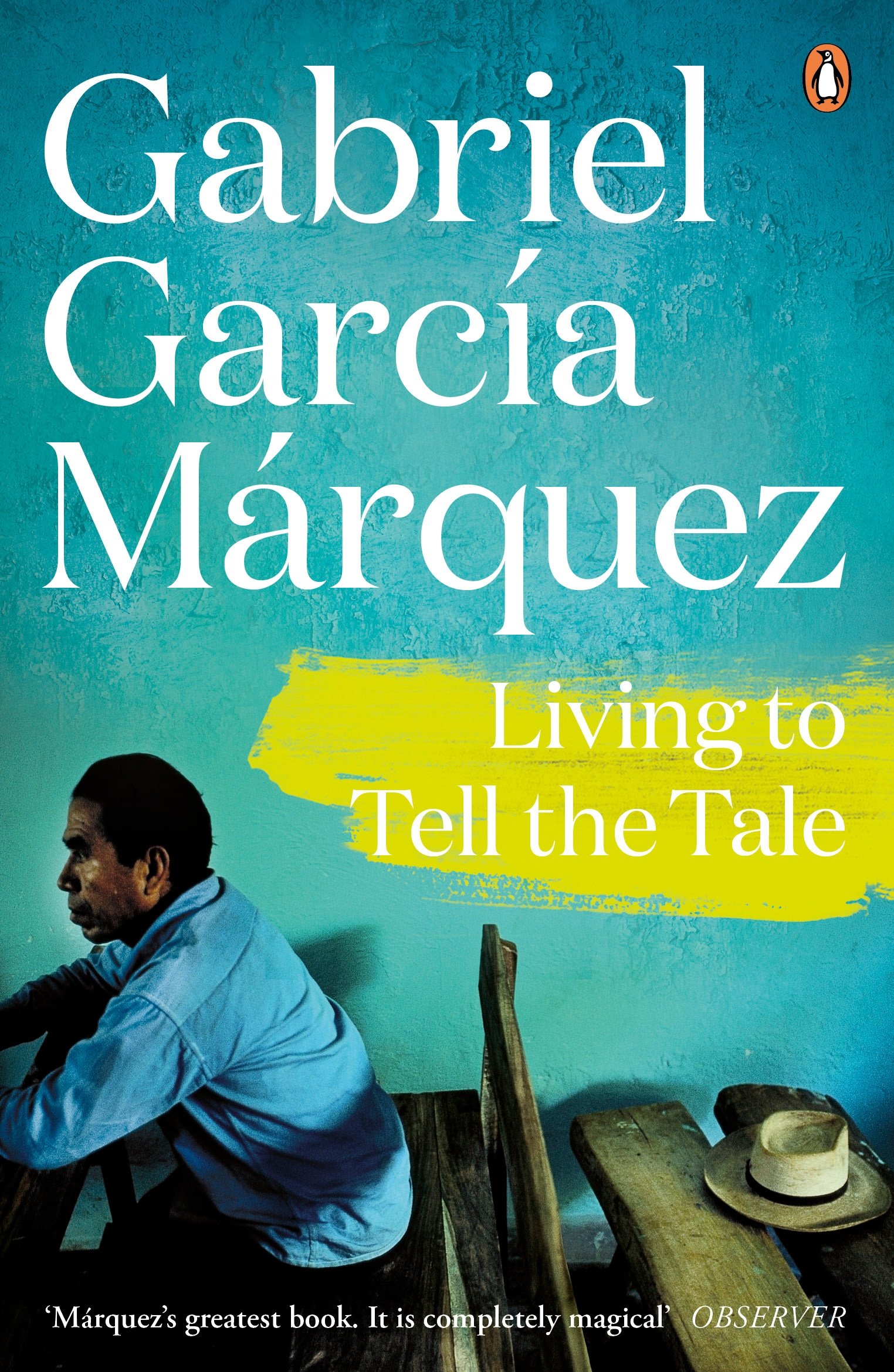
Living to Tell the Tale
599.00₹ 440.00₹
Living to Tell the Tale spans Marquez’s life from his birth in 1927 through the beginning of his career as a writer to the moment in the 1950 s when he proposed to the woman who would become his wife. It is a tale of people, places and events as they occur to him: family, work, politics, books and music, his beloved Columbia, parts of his history until now undisclosed and incidents that would later appear, transmuted and transposed in his fiction. A vivid, powerful, beguiling memoir that gives us the formation of Marquez as a writer and as a man.
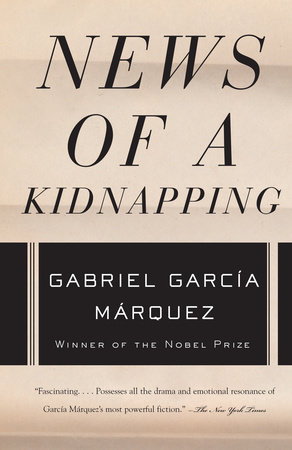
News of a Kidnapping
499.00₹ 380.00₹
In 1990, fearing extradition to the United States, Pablo Escobar – head of the Medellín drug cartel – kidnapped ten notable Colombians to use as bargaining chips. With the eye of a poet, García Márquez describes the survivors’ perilous ordeal and the bizarre drama of the negotiations for their release. He also depicts the keening ache of Colombia after nearly forty years of rebel uprisings, right-wing death squads, currency collapse and narco-democracy. With cinematic intensity, breathtaking language and journalistic rigor, García Márquez evokes the sickness that inflicts his beloved country and how it penetrates every strata of society, from the lowliest peasant to the President himself.
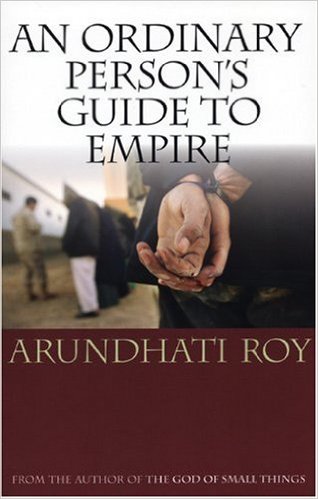
An Ordinary Person’s Guide to Empire
199.00₹ 180.00₹
Just in time for the elections, Arundhati Roy offers us this lucid briefing on what the Bush administration really means when it talks about “compassionate conservativism” and “the war on terror.” Roy has characteristic fun in these essays, skewering the hypocrisy of the more-democratic-than-thou clan. But above all, she aims to remind us that we hold the essence of power and the foundation of genuine democracy—the power of the people to counter their self-appointed leaders’ tyranny.
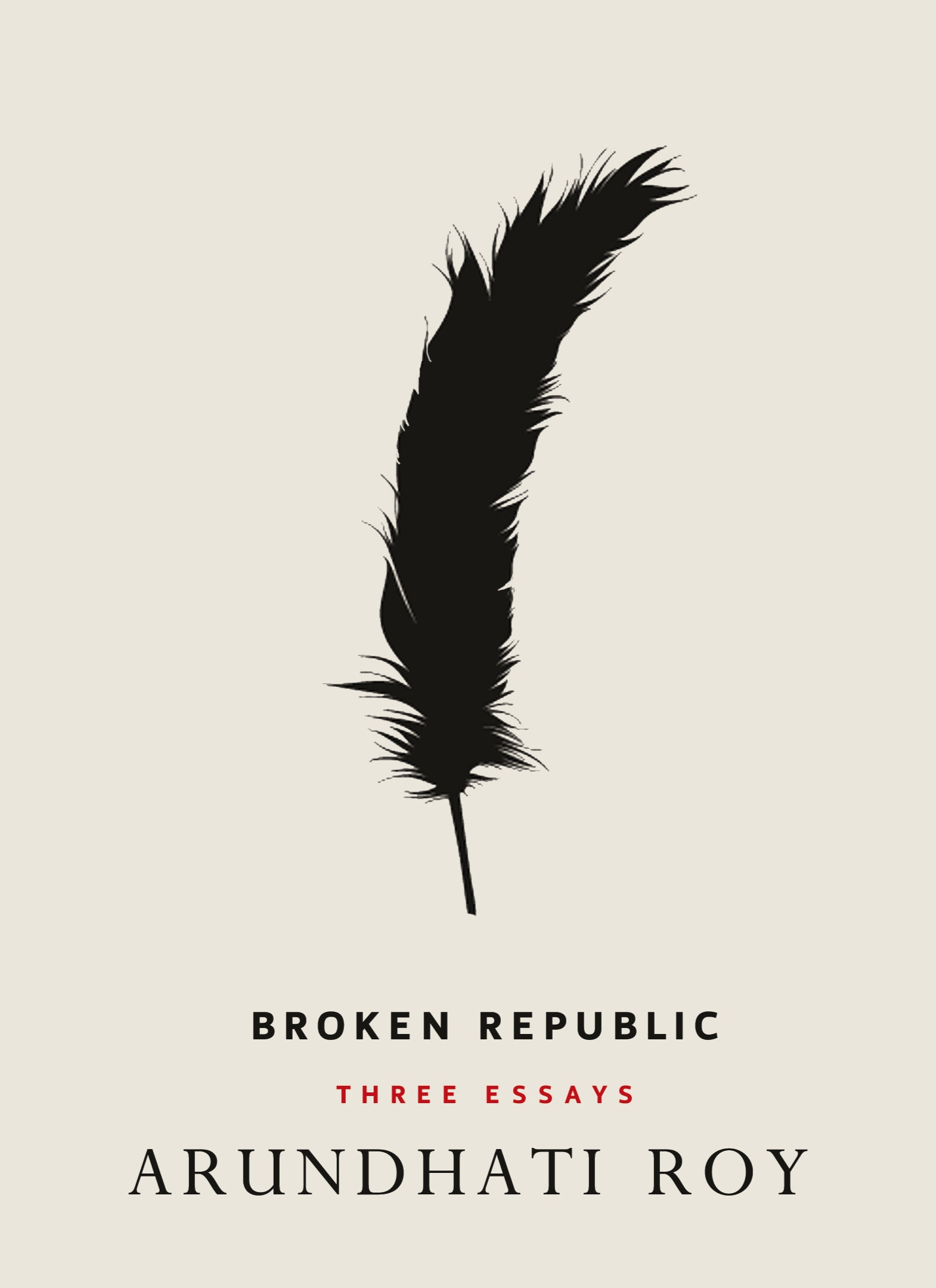
Broken Republic
250.00₹ 210.00₹
War has spread from the borders of India to the forests in the very heart of the country. Combining brilliant analysis and reportage by one of India’s iconic writers, Broken Republic examines the nature of progress and development in the emerging global superpower, and asks fundamental questions about modern civilization itself – in three incisive essays: Mr Chidambaram’s War ‘The low, flat-topped hills of south Orissa have been home to the Dongria Kondh long before there was a country called India or a state called Orissa . . . ‘ Walking with the Comrades ‘The terse, typewritten note slipped under my door in a sealed envelope confirmed my appointment with “India’s single biggest internal security challenge”. I’d been waiting for months to hear from them . . . ‘ Trickledown Revolution ‘In the early morning hours of 2 July 2010, in the remote forests of Adilabad, the Andhra Pradesh State Police fired a bullet into the chest of a man called Cherukuri Rajkumar, known to his comrades as Azad . . .’
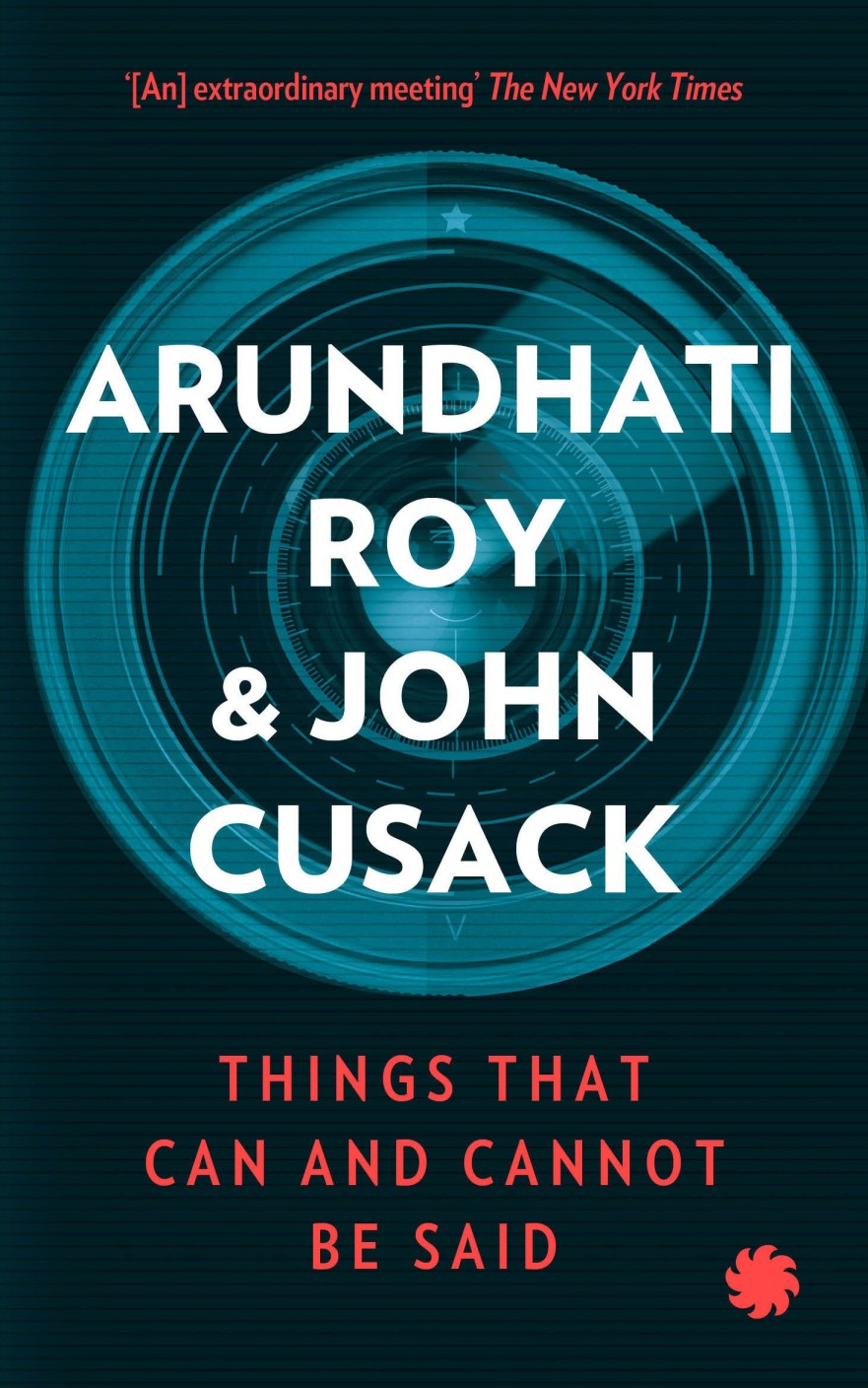
THINGS THAT CAN AND CANNOT BE SAID
250.00₹ 220.00₹
In late 2014, Arundhati Roy, John Cusack, and Daniel Ellsberg travelled to Moscow to meet with NSA whistleblower Edward Snowden.
The result was a series of essays and dialogues in which Roy and Cusack reflect on their conversations with Snowden.
In these provocative and penetrating discussions, Roy and Cusack discuss the nature of the state, empire, and surveillance in an era of perpetual war, the meaning of flags and patriotism, the role of foundations and NGOs in limiting dissent, and the ways in which capital but not people can freely cross borders.
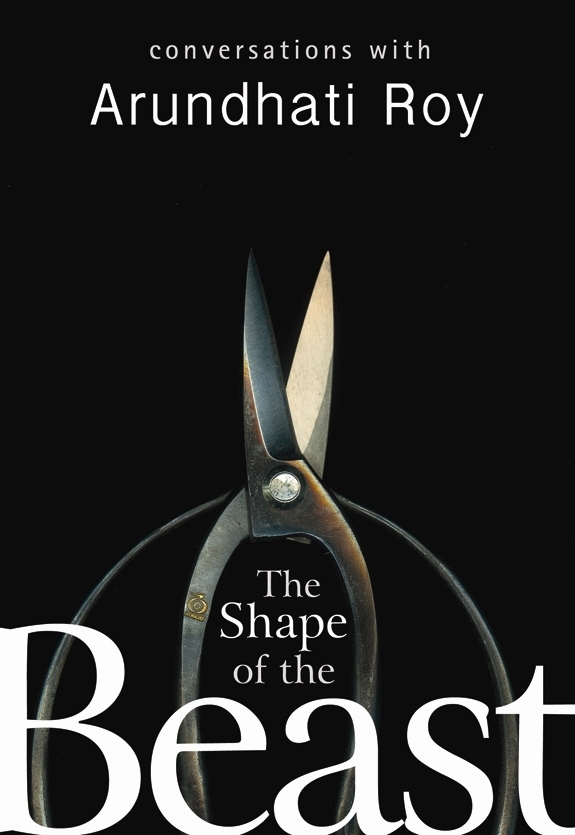
Conversations with ARUNDATHI ROY – The Shape of the Beast
199.00₹ 190.00₹
The Shape of the Beast is our world laid bare, with great courage, passion and eloquence, by a mind that has engaged unhesitatingly with its changing realities, often anticipating the way things have moved in the last decade.
In the 14 interviews collected here, conducted between January 2001 and March 2008, Arundhati Roy examines the nature of state and corporate power as it has emerged during this period, and the shape that resistance movements are taking. As she speaks, among other things, about people displaced by dams and industry, the genocide in Gujarat, Maoist rebels, the war in Kashmir and the global War on Terror, she raises fundamental questions about democracy, justice and non-violent protest.
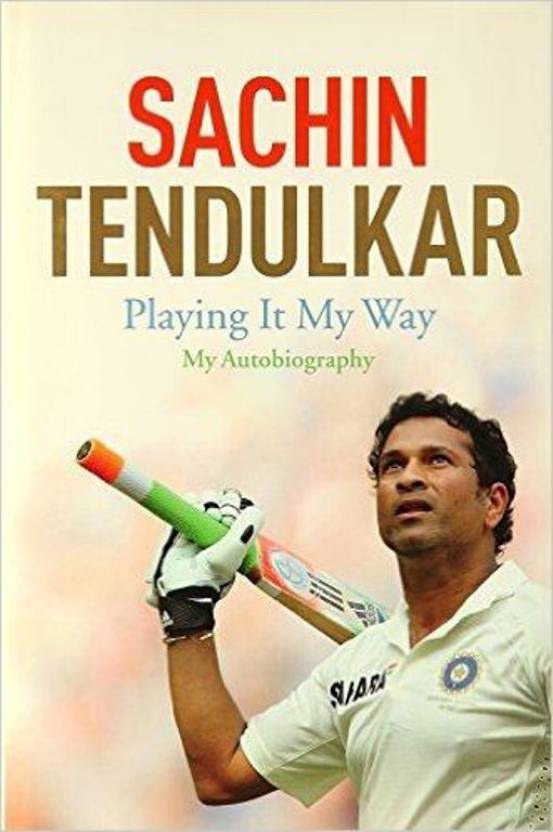
PLAYING IT MY WAY
499.00₹ 379.00₹
“I’m delighted that my autobiography #PlayingitMyWay will be published on November 6, this year.
I knew that agreeing to write my story would need me to be completely honest, as that’s the way I have always played the game. It would require talking about a number of aspects I have not shared in public before.
So here I am, at the end of my final innings, having taken that last walk back to the pavilion, ready to recount as many incidents as I can remember since first picking up a cricket bat as a child in Mumbai thirty-five years ago.” – Sachin Tendulkar
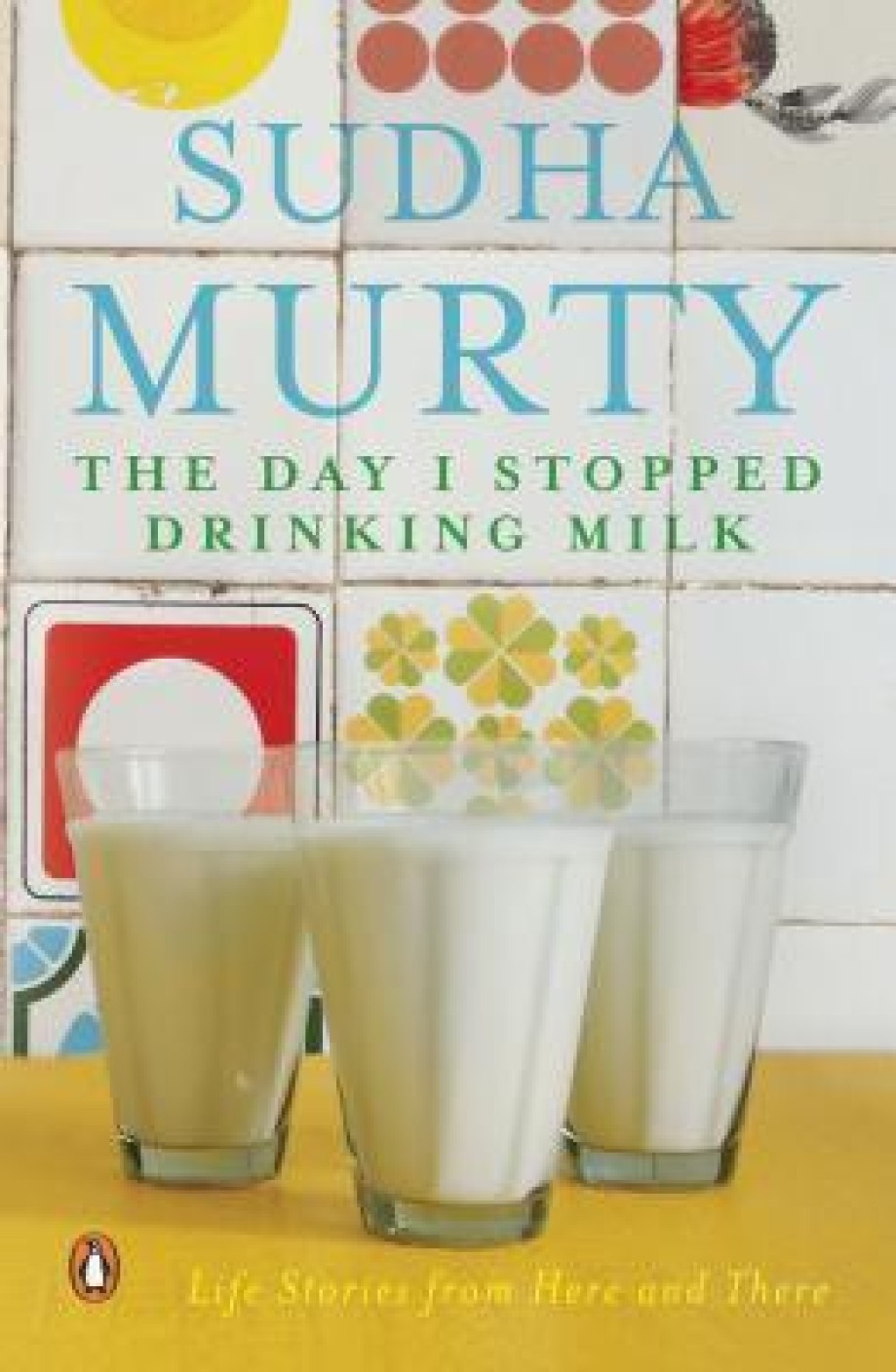
THE DAY I STOPPED DRINKING MILK
250.00₹ 210.00₹
Extraordinary stories about ordinary people’s lives Over the years, Sudha Murty has come across some fascinating people whose lives make for interesting stories and have astonishing lessons to reveal. Take Vishnu, who achieves every material success but never knows happiness; or Venkat, who talks so much that he has no time to listen. In other stories, a young girl goes on a train journey that changes her life forever; an impoverished village woman provides bathing water to hundreds of people in a drought-stricken area; a do-gooder ghost decides to teach a disconsolate young man Sanskrit; and in the title story, a woman in a flooded village in Odisha teaches the author a life lesson she will never forget. From the bestselling author of Wise and Otherwise and The Old Man and His God, this is another heart-warming collection of real-life stories that will delight readers of all ages.
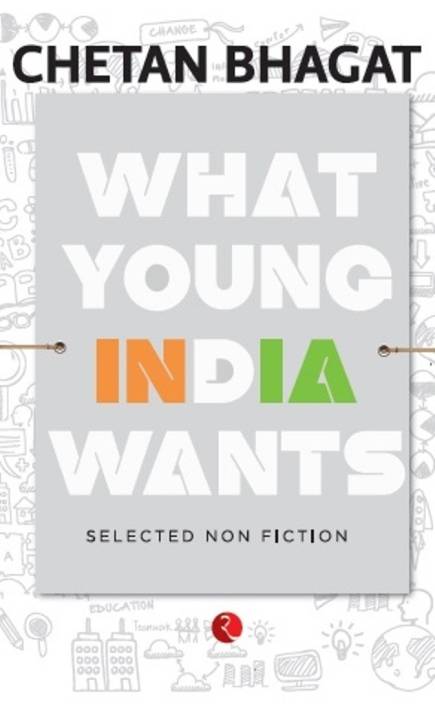
What Young India Wants
176.00₹ 165.00₹
What Young India Wants is a non-fiction book by Chetan Bhagat. A compilation of his speeches and essays, it focuses on Indian society, politics the youth. The book revolves around Bhagat’s thoughts and innovations on how to improve the Indian economy through social reforms.

